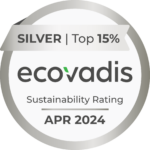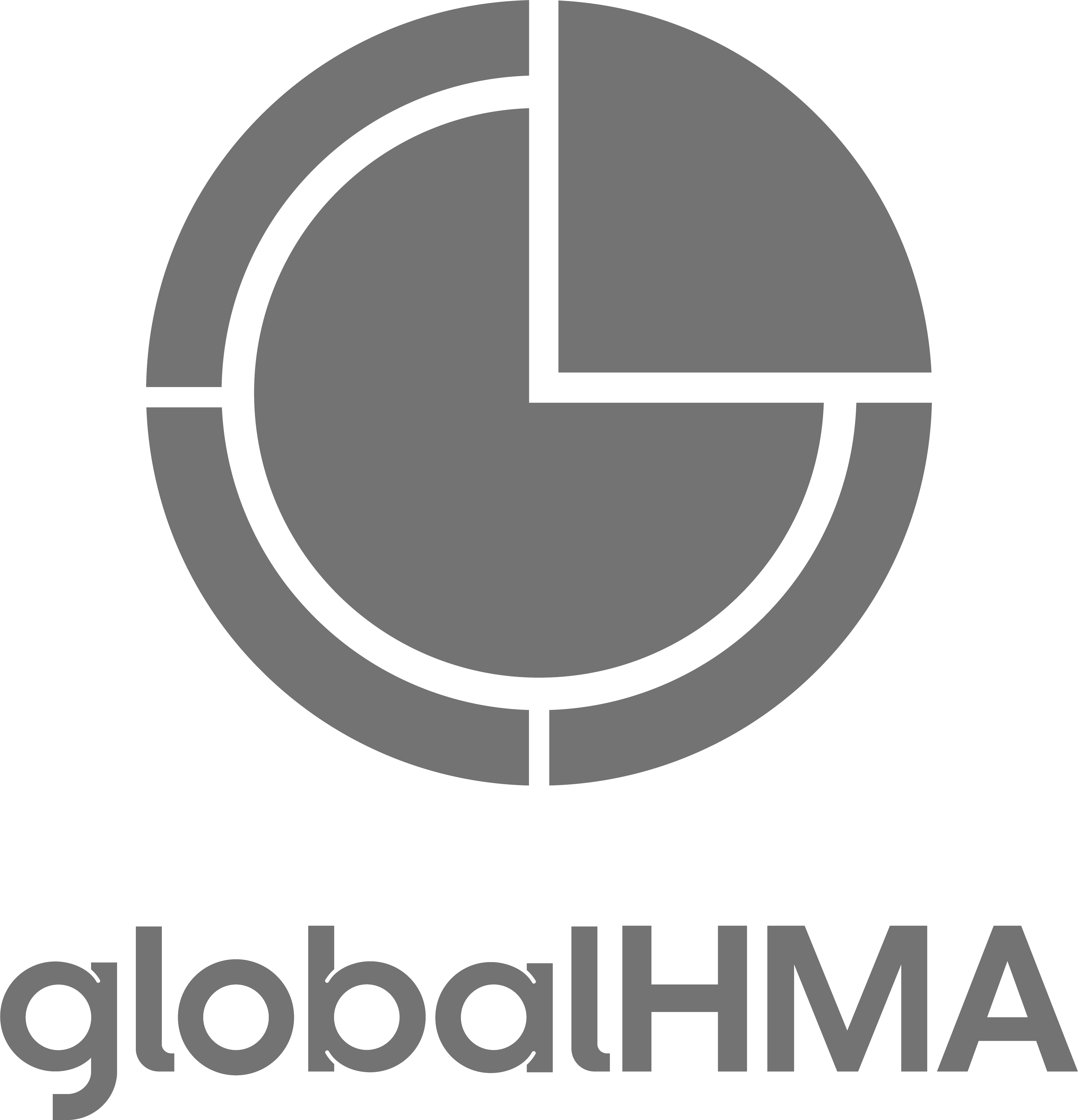“With great power, comes great responsibility.”
Yes, I’m a huge nerd. And, yes, this quote comes courtesy of Uncle Ben from the Spiderman comics. But, all too often in the business world, this statement holds true.
In B2B marketing, large corporations are often looked at to make the right decisions. These decisions impact not only a corporation’s customers, but also their customers’ customers, their competitors and the general public. Corporations are no stranger to making decisions for problems like product decommissioning and phase-outs, both voluntary and mandatory. It’s the approach to such problems that sets apart the good from the bad.
How do you approach a product you previously marketed as safe, clean and efficient, after it becomes a phase-out target? Whether it’s phased out due to adverse health, safety or environmental issues, the approach is key. Take the phase-out of leaded gasoline, for example. In this case, oil and gas companies knew the negative effects before they even started to manufacture commercially available leaded gasoline. Yet, over 50 years went by before both the government and public intervened to stop its use. In the U.S., an extra 23 years went by before the phase-out was completely implemented.
Concerned with refining conversion costs and loss of profits, the U.S. dragged many oil and gas companies kicking and screaming. Some went as far as making false claims. They disputed medical evidence showing a link between high lead levels in blood and leaded gasoline. They also claimed unleaded gasoline was incompatible with or would damage older vehicles. The approach was shameful to say the least.
For a more recent example, we can look at the ongoing phase-out of hydrochlorofluorocarbons (HCFCs), namely R-22. R-22 is the most common fluoro gas utilized in heating, ventilation and air-conditioning (HVAC) applications. To acknowledge the adverse effects of R-22 and other HCFCs to the ozone, the EPA and other international entities created the Montreal Protocol. Requiring a phase-out by 2020, the approach was different than that of leaded gasoline.
Some R-22 manufacturers met the idea with resistance, but many companies took it as a challenge to innovate. They created alternatives and low global warming potential (GWP) blends that produce similar efficiency. The companies’ marketing began to reflect the innovation. Marketing messages touted the advantages of HCFC and R-22 replacement blends. They also educated consumers about the need for a phase-out, the Montreal Protocol and major milestones.
While the landscape for “phase-out” marketing is shifting, Uncle Ben’s famous quote will continue to ring true: “With great power, comes great responsibility.”




